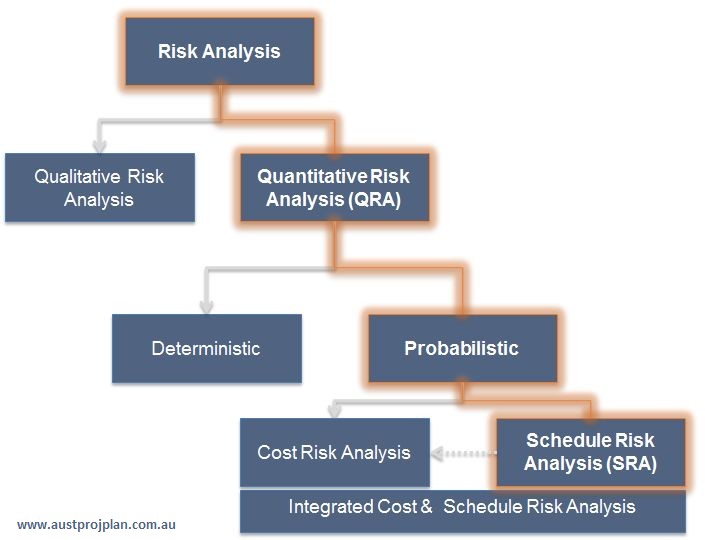
Schedule Risk Analyses
What is Schedule Risk Analysis?
Managing risks on Construction and Engineering projects is a fundamental requirement in ensuring successful outcomes.
Schedule Risk Analysis is a method for analysing and managing time related risks on such projects.
Schedule Risk Analyses can be:
- Deterministic analyses, producing single fixed results, or
- Probabilistic analyses, producing a range of results.

Why undertake Schedule Risk Analyses?
Schedule Risk Analyses can assist in:
- Determining levels of confidence of achieving project milestones;
- Determine which time risks have the greatest impact to those milestones;
- Potential critical paths based on the risks associated with them;
- Validation of Project Programmes/Schedules and Time related risks;
- Incorporation of results into time related expenses eg. overheads.
Whats needed to run Schedule Risk Analyses?
Programme/Schedule
To conduct a Schedule Risk Analysis, the underlying Programme/Schedule, against which risks will be analysed, needs to meet required criteria, including:
- It represents the scope of work for the project against which risks will be analysed
- Has been soundly built and robust to respond accurately when impacted by risks.
Risks
To conduct a Schedule Risk Analysis, risks need to be identified, assessed and quantified for inclusion in the analysis, including:
- Documentation as part of the overall Project Risk Register
- Identification of the time impact of risks
When to conduct Schedule Risk Analyses?
Provided that the Programme/Schedule and Risk criteria are met, Schedule Risk Analyses can be performed as often as required.
Suggested situations to conduct an analyses are:
- Programme/Schedule progress updates;
- Significant changes to project scope or delivery methodology;
- Changes to a project’s risk profile;
Conducting regular Schedule Risk Analyses can also validate the forecast dates represented by a Programme/Schedule.
How can Australasian Project Planning help?
Summary (High Level) Programme/Schedule Development and Analysis
This unique planning methodology allows Programmes/Schedules to be developed collaboratively, in weekly or monthly periods, and enables Schedule Risk Analyses to also be conducted at those levels.
Programme/Schedule Development
Programme/Schedule Validation and Preparation
Time Related Risk Identification and Quantification
- Facilitating Time Risk Workshops to collaboratively identify Time Risks.
- Interviewing or meeting with relevant staff members,
- Reviewing existing Risk Registers and amending for Time Impacts
More Info
Schedule Risk Articles
New Standard in Schedule Risk Analysis – Featuring Safran Risk 7
Watch the hosted webinar with Safran on the new features of Safran Risk:
QRA Simulation
Quantitative Risk Analysis Simulation Quantitative Cost and Schedule Risk Analysis often uses the Monte Carlo method of simulation to model the impacts of various risks. By using variable rather than fixed (deterministic) values, the simulation generates random values...
Correlation in Schedule Risk – Example
Introduction A key issue when undertaking Schedule Risk Analyses (SRA) is understanding correlation and its significance on results, this article aims to provide a simple example to illustrate correlation, and how SRA results are effected. Dr David Hulett, an expert...

